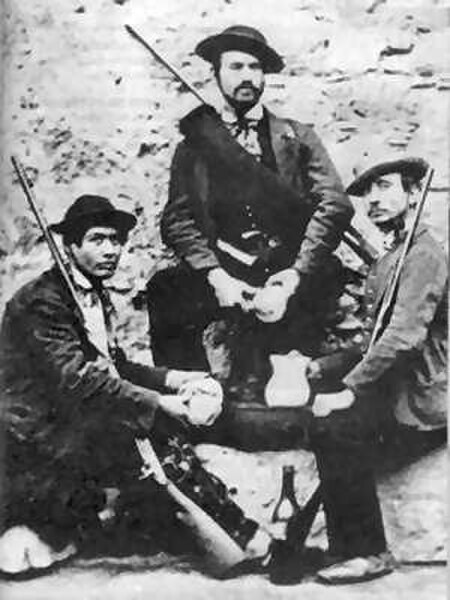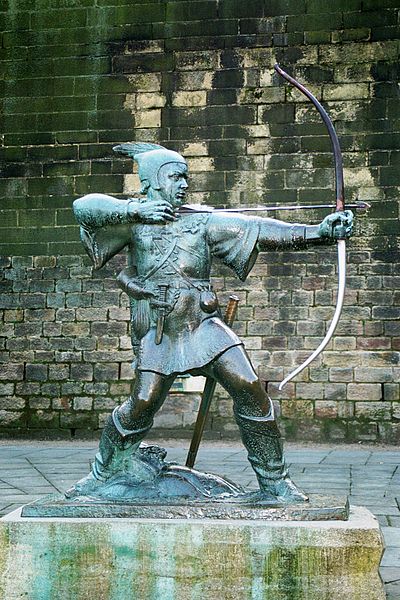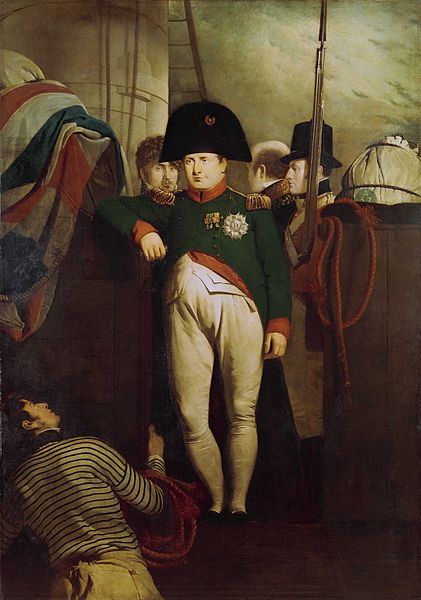Brigandage is the life and practice of highway robbery and plunder. It is practiced by a brigand, a person who usually lives in a gang and lives by pillage and robbery.
Italian Brigands Surprised by Papal Troops, painted by Horace Vernet.
Xaver Hohenleiter and his robber band
A small band of brigands from Bisaccia, photographed in 1862.
Jose María el Tempranillo, legendary Spanish brigand of the 19th century.
An outlaw, in its original and legal meaning, is a person declared as outside the protection of the law. In pre-modern societies, all legal protection was withdrawn from the criminal, so anyone was legally empowered to persecute or kill them. Outlawry was thus one of the harshest penalties in the legal system. In early Germanic law, the death penalty is conspicuously absent, and outlawing is the most extreme punishment, presumably amounting to a death sentence in practice. The concept is known from Roman law, as the status of homo sacer, and persisted throughout the Middle Ages.
A statue of Robin Hood, a heroic outlaw in English folklore
Henry Danvers, Earl of Danby, was outlawed in 1597 by a coroner's court for the murder of Henry Long. He went to France and joined the French Army; two years later, he was pardoned by Queen Elizabeth I and returned to England.
Napoleon on the Bellerophon. Napoleon Bonaparte on HMS Bellerophon after his surrender to the British in 1815







